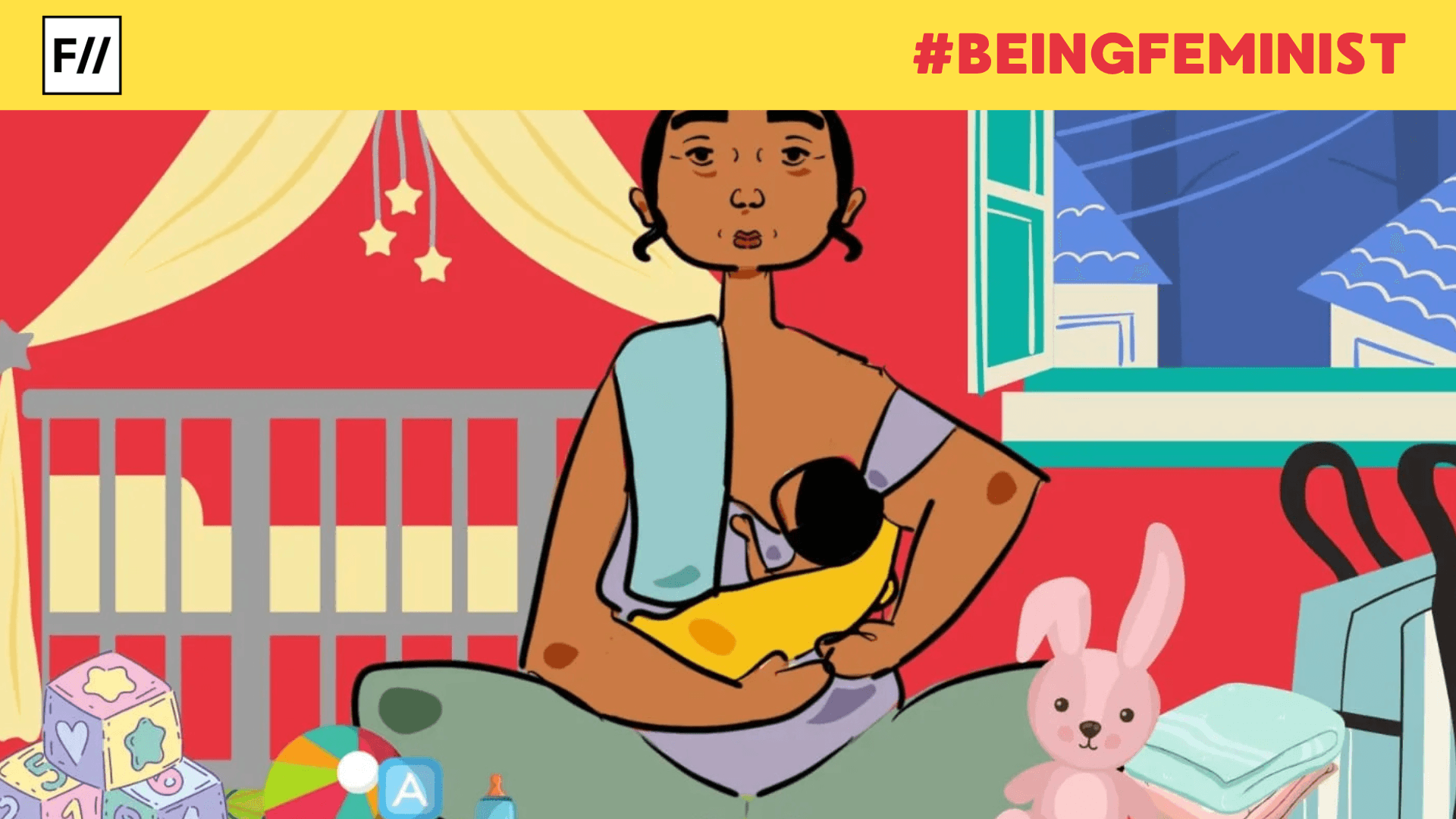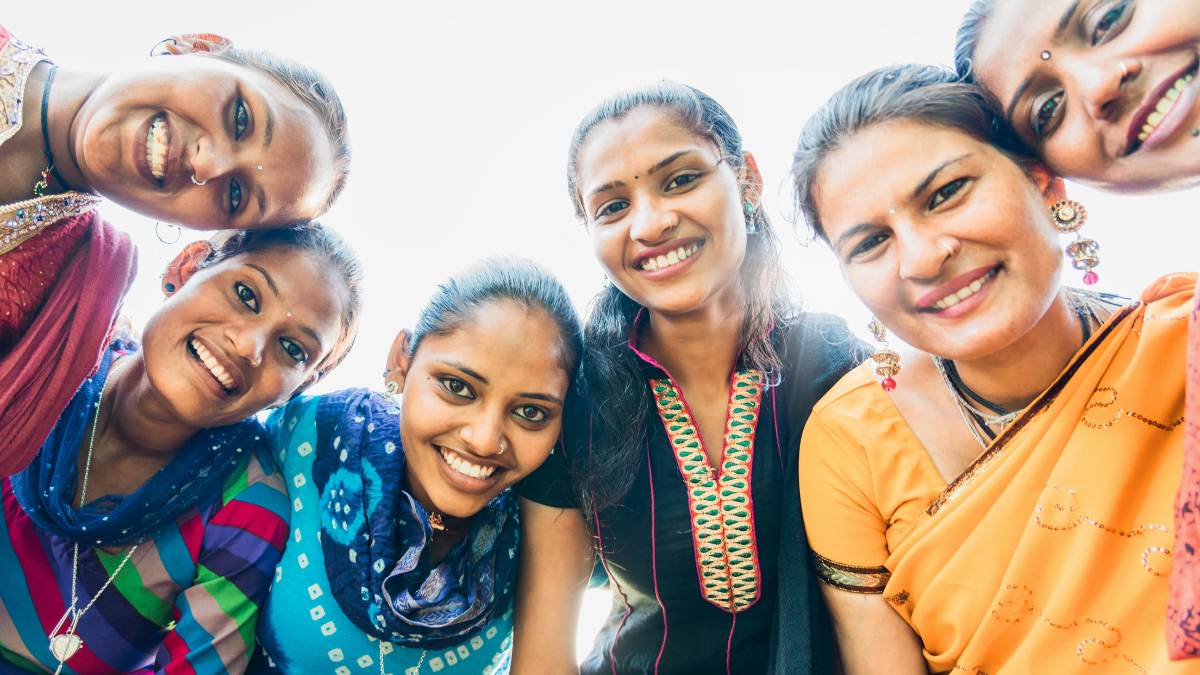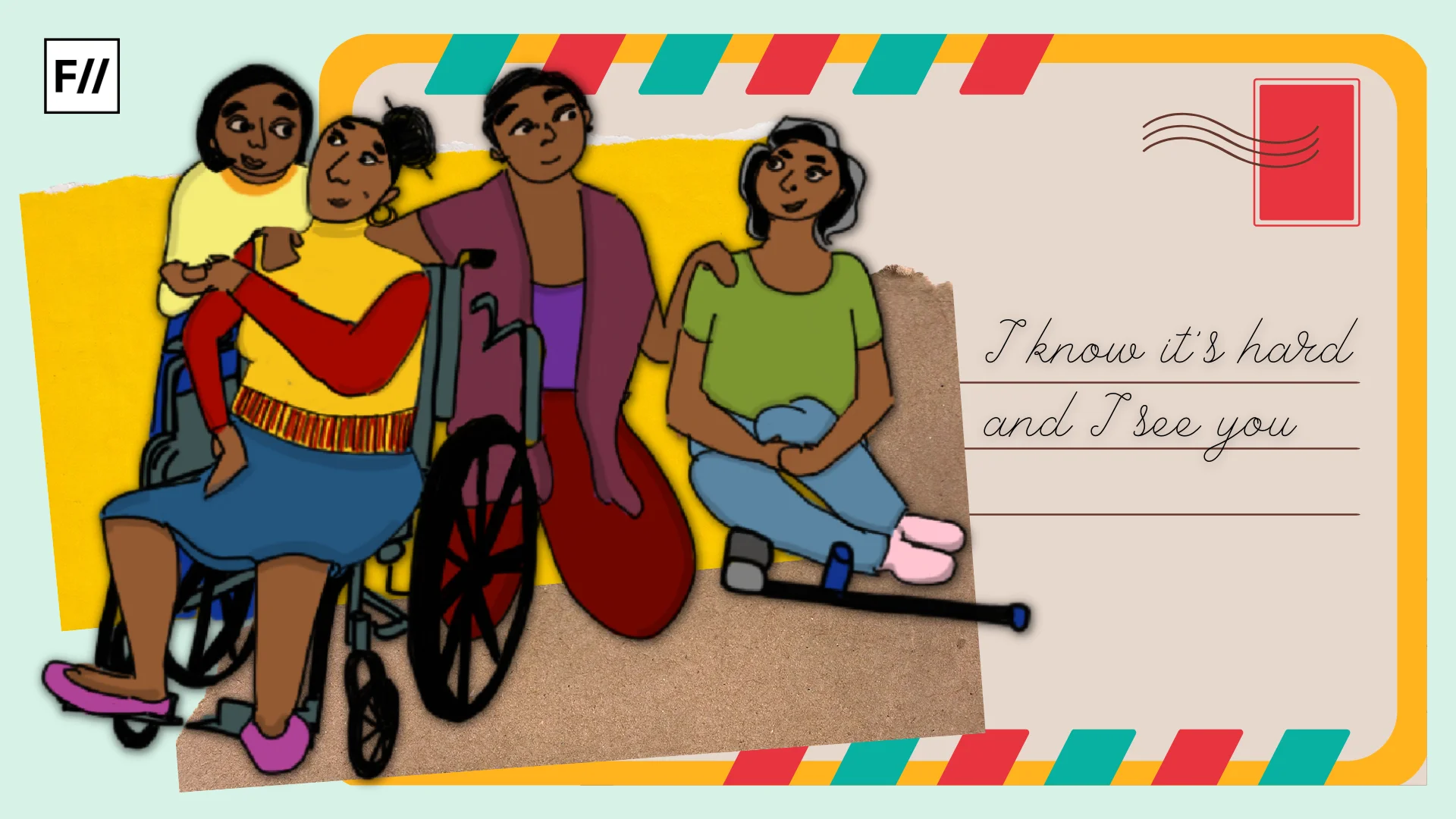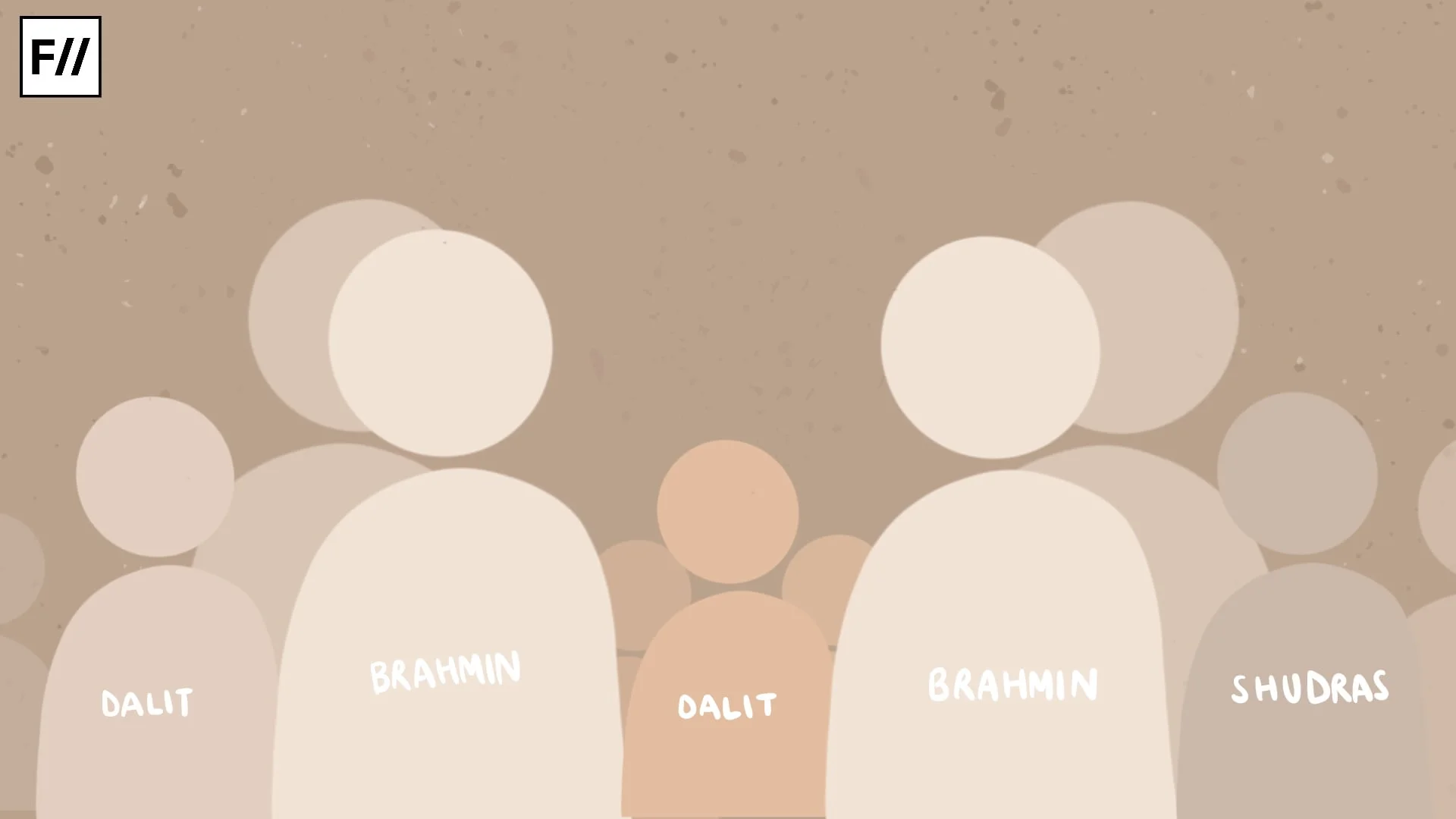I have always thought of myself as a feminist- Not the bookish kind, not the protestor with posters kind either — but in a simple way, I have always believed that women deserve equal respect, freedom, and dignity as men. That a woman’s time, body, labour, everything, should matter just as much as a man’s.
I believe that women should not be reduced to their ability to bear children. I believe that motherhood should be a choice, never an expectation and that a woman is complete with or without children, that her worth is not tied to her womb.
And yet, despite all of this, I carry a soft, almost sacred admiration for motherhood in my heart. Despite knowing how society has gendered and burdened the role of a mother, I cannot deny the beauty I see in the bond between a mother and her child.
It feels strange to admit it out loud, because to be a feminist is to question the structures that glorify motherhood while giving women no real support.
Even after reading about how motherhood is romanticised to trap women into unpaid labour, even after learning about how mothers are blamed for every mistake their children make, even after understanding how unfair and lopsided the burden is — somewhere, in a quiet corner of my heart, motherhood still feels like magic.
It feels strange to admit it out loud, because to be a feminist is to question the structures that glorify motherhood while giving women no real support. It is to recognize that fathers are often allowed to be distant, applauded for doing the bare minimum, while mothers are judged mercilessly for every tiny thing. It is to see that motherhood is often a lonely, thankless, exhausting journey disguised in pastel colours and lullabies.
And yet, I still find something gentle, almost sacred, in it.
When I see a mother carrying her sleeping child on her shoulder, patting their back in soft rhythmic motions, I feel something ache inside me. When I see a baby look for their mother in a crowded room and relax instantly at the sight of her, I feel something warm rise in my chest. When I think about the way a mother seems to know what her child needs before the child can even speak — I feel awe!
I know that part of this bond is built through an unfair system, that women are often forced to be the “primary” parent. That fathers, even today, are “helping” when they parent, while mothers are just expected to do it as a natural part of their being. I know that women are celebrated for sacrificing themselves — their bodies, their dreams, their time — all just in the name of motherhood.
I hate that the world expects women to give up everything for their children, while men are allowed to keep their ambitions, their leisure, their individuality intact.
I hate that the world expects women to give up everything for their children, while men are allowed to keep their ambitions, their leisure, their individuality intact. I hate that women are guilt-tripped into believing that “good motherhood” means disappearing completely into their child’s needs.
And yet, even after hating all of it, I still find myself admiring the connection between a mother and her child. It still feels beautiful to me, like something beyond what the world tries to package and sell.
I think part of the conflict is because of what I saw growing up. In my family, it has always been the mothers who remembered everything — birthdays, school projects, medicines, favourite foods. It was the mothers who stayed up late sewing costumes, who woke up early to pack lunchboxes, who noticed when we were sad even when we said we were fine. It was the mothers who gave without keeping count.
And while I now understand how unfair it was that it always fell on them, it doesn’t make the love any less real. The system is deeply flawed, but the individual acts of care, of patience, of fierce unconditional love — those are not fake or ugly.
In fact, I think what makes motherhood so beautiful to me is that it thrives despite the unfairness. Despite being exhausted, mothers sing lullabies; despite being underappreciated, they kiss scraped knees and stay up through fevers and despite being burdened, they still find ways to love loudly and gently.
Of course, I know that all these complications have always been glorified in the name of motherhood and that it brings resentment, loneliness, frustration. It can be a life-altering experience that not every woman wants, and not every woman enjoys. And that is valid too. Motherhood, like womanhood, should not be romanticised into a perfect fairy tale.
But somewhere deep inside me, I still see something powerful in the tenderness mothers offer — not because they have to, but because they choose to, every day.
The feminist in me wants to change the world so that motherhood is not a trap, not an obligation, not a burden carried alone. I want a world where fathers are expected to parent with equal tenderness and responsibility. Where motherhood is supported, not isolated and choosing not to be a mother is respected, and choosing to be one is celebrated without idealising sacrifice.
I don’t think admiring motherhood makes me a bad feminist. Instead, it makes me a human being who sees the depth, the pain, the sacrifice, and the incredible beauty of something that society has often twisted for its own benefit.
But until that world arrives, I live in this messy reality. A reality where I can rage against the injustice of motherhood being treated as a woman’s “duty” — and still feel my heart soften when I see a mother braid her daughter’s hair in the early morning rush. A reality where I can criticise the system — and still admire the beauty that individual women create within it.
Maybe that is what it means to be a feminist: to want better for women — not because what they do now is worthless, but because it is so valuable that it deserves recognition, respect, and real support.
I don’t think admiring motherhood makes me a bad feminist. Instead, it makes me a human being who sees the depth, the pain, the sacrifice, and the incredible beauty of something that society has often twisted for its own benefit. Loving women, and all the worlds they carry inside them, without expecting them to be perfect. Fighting for their freedom — and honoring their choices, even the ones shaped by a difficult world.
Maybe it’s possible to rage against the system, and still be moved by the tenderness that grows within it. Maybe it’s possible to be a feminist — and still believe that there’s something quietly sacred about a mother’s love.
About the author(s)
Anushka Bharadwaj is a journalism graduate from SCMC Pune. She is an intersectional feminist with a deep interest in gender, caste, politics, and mental health. When she’s not writing or reading, she’s usually found lost in poetry, dancing to her favourite songs, or discovering new music—always reflecting on the world through stories.





